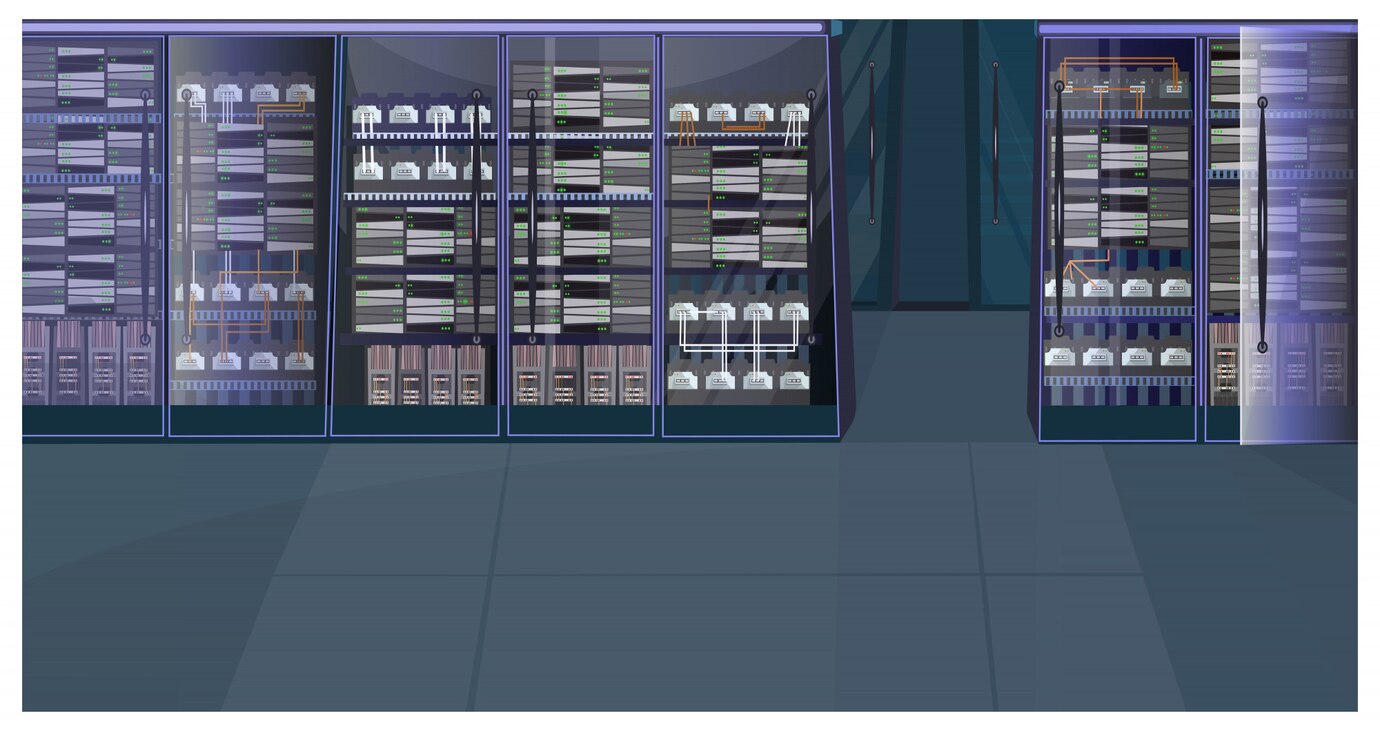NAS full form: Network Attached Storage

NAS Full Form and its Role in Modern Storage
In the digital age, where data is the lifeblood of information-driven endeavors, the ability to manage, store, and access vast amounts of data seamlessly is paramount. The acronym NAS, a powerful solution in the world of data storage, plays a pivotal role in fulfilling these demands. The full form of NAS is “Network Attached Storage.” In this article, we will delve into the NAS full form, understand its significance in data management, and explore how it has transformed the way we store and access information in both personal and professional contexts.
Deciphering the Full Form: Network Attached Storage
The acronym NAS stands for “Network Attached Storage.” NAS is a dedicated storage device or system connected to a network that provides centralized data storage and access to multiple clients or users.
The Evolution of Data Storage: From Local to Networked Solutions
As data storage requirements grew, the need for scalable, accessible, and efficient storage solutions became evident:
- Local Storage: Early computing relied on local storage devices like hard drives and floppy disks.
- Networked Storage: As networks expanded, the concept of network-attached storage emerged to address the need for shared storage resources.
Key Features of NAS
- Centralized Storage: NAS serves as a central repository for data, accessible to multiple users and devices on the network.
- Data Sharing: NAS allows seamless sharing of files, documents, and media among connected devices, promoting collaboration.
- Data Redundancy: Many NAS systems support data redundancy, ensuring data integrity and protection against hardware failures.
- Remote Access: Advanced NAS systems offer remote access capabilities, allowing users to access their data from anywhere with an internet connection.
- Scalability: NAS systems can be easily scaled by adding additional storage drives, accommodating growing data needs.
NAS Applications Across Domains
- Home Users: NAS provides a centralized media server for streaming music, videos, and photos to various devices.
- Small Businesses: NAS offers cost-effective data storage and backup solutions for small businesses, eliminating the need for complex server setups.
- Enterprise Solutions: Enterprises utilize NAS for file sharing, data backup, and data archiving, enhancing data management efficiency.
Advantages of NAS
- Ease of Use: NAS systems are designed for simplicity, making them accessible even to non-technical users.
- Cost-Effective: NAS eliminates the need for high-end servers, offering affordable solutions for data storage.
- Redundancy and Data Protection: NAS systems often include features like RAID (Redundant Array of Independent Disks) for data redundancy and protection.
NAS vs. Other Storage Solutions
- Direct Attached Storage (DAS): DAS connects directly to a single device, while NAS provides network access to multiple devices.
- Storage Area Network (SAN): SAN is a dedicated network for storage, while NAS uses existing network infrastructure.
The Future of NAS
- Cloud Integration: NAS systems will continue to evolve, integrating with cloud services for hybrid storage solutions.
- Security Enhancements: Security features, encryption, and access controls will be crucial as NAS systems store valuable data.
Conclusion
The NAS full form – Network Attached Storage – encapsulates a technology that has revolutionized how we manage, share, and access data. From home users seeking centralized media storage to enterprises optimizing data management, NAS has established itself as a versatile and efficient storage solution. As data continues to grow in importance and volume, NAS will play a critical role in shaping how we handle and harness the power of information, fostering collaboration and efficiency across the digital landscape.